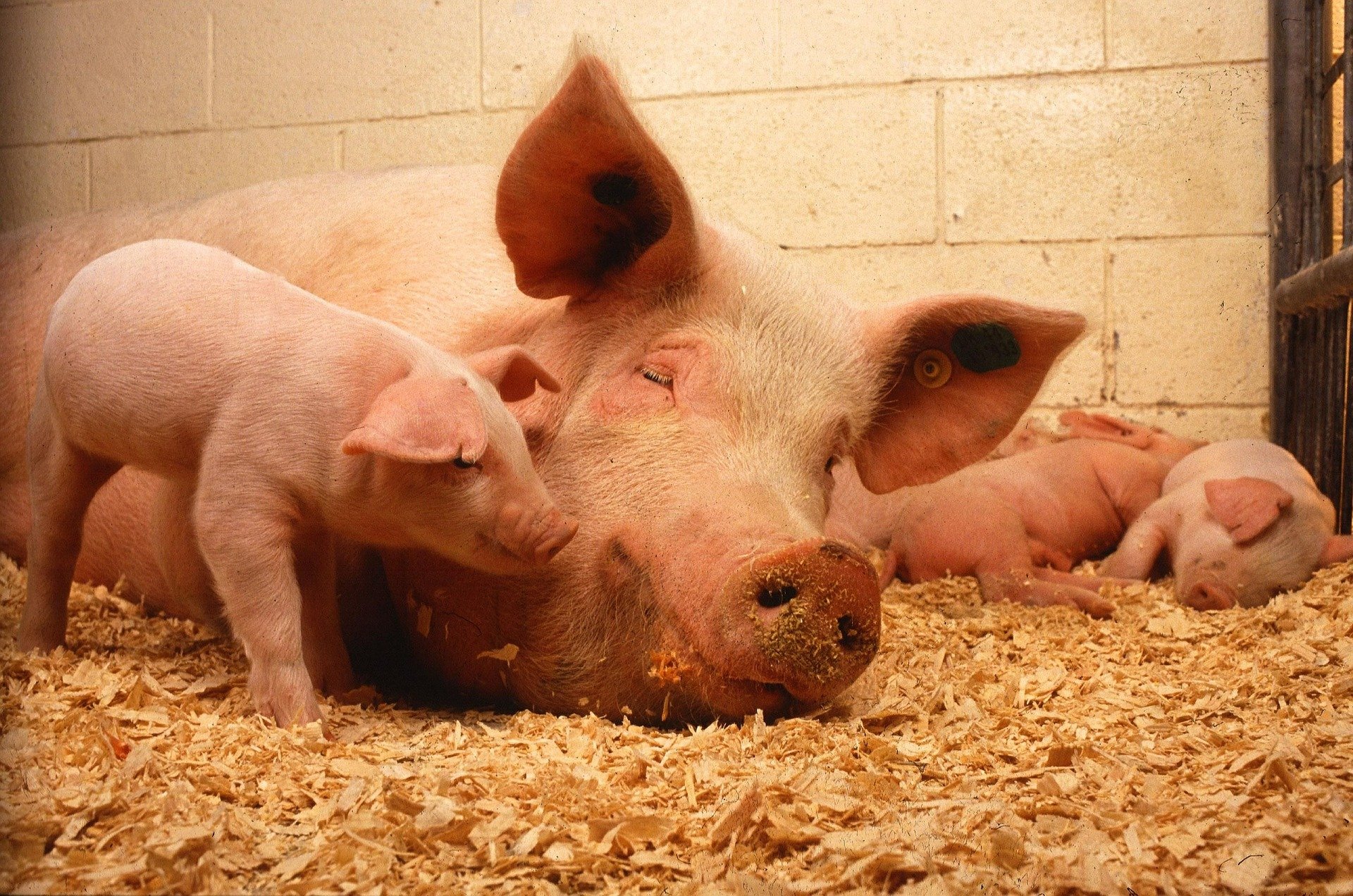
403
Sorry!!
Error! We're sorry, but the page you were looking for doesn't exist.
Hong Kong to cull over 900 pigs over presence of lethal African swine fever
(MENAFN) Hong Kong is set to cull over 900 pigs after authorities discovered the presence of the lethal African swine fever (ASF) among animals at a licensed farm in the New Territories district.
The Agriculture, Fisheries, and Conservation Department (AFCD) reported that out of 30 tested pigs at the farm, 19 were found to have swine fever, leading to an immediate suspension of pig transportation from the facility. The culling process is scheduled to commence early next week, according to the agency.
"AFCD staff has arranged to inspect the other eight pig farms within three kilometers (two miles) of the index farm and will collect samples for ASF testing," the AFCD stated in a declaration.
"Pork cooked thoroughly is safe for consumption. Members of the public do not need to be concerned."
The disease can prove fatal for pigs within a week of infection. However, it is not harmful to humans, and there is no transmission risk from pigs to humans, according to the Department of Agriculture.
African swine fever (ASF) has never been reported in the United States. In the event of detection, approximately 76 million domestic pigs would be vulnerable to the disease, as stated by the Department of Agriculture.
This development follows Hong Kong's culling of 5,600 pigs last month at a farm near the mainland China border. In September, nearly 34,000 pigs in Italy were also culled to curb the spread of the disease. ASF has additionally affected Bosnia and Herzegovina, Croatia, Romania, and Serbia. The European Food Safety Authority has reported multiple cases of ASF in wild boar in these countries.
The Agriculture, Fisheries, and Conservation Department (AFCD) reported that out of 30 tested pigs at the farm, 19 were found to have swine fever, leading to an immediate suspension of pig transportation from the facility. The culling process is scheduled to commence early next week, according to the agency.
"AFCD staff has arranged to inspect the other eight pig farms within three kilometers (two miles) of the index farm and will collect samples for ASF testing," the AFCD stated in a declaration.
"Pork cooked thoroughly is safe for consumption. Members of the public do not need to be concerned."
The disease can prove fatal for pigs within a week of infection. However, it is not harmful to humans, and there is no transmission risk from pigs to humans, according to the Department of Agriculture.
African swine fever (ASF) has never been reported in the United States. In the event of detection, approximately 76 million domestic pigs would be vulnerable to the disease, as stated by the Department of Agriculture.
This development follows Hong Kong's culling of 5,600 pigs last month at a farm near the mainland China border. In September, nearly 34,000 pigs in Italy were also culled to curb the spread of the disease. ASF has additionally affected Bosnia and Herzegovina, Croatia, Romania, and Serbia. The European Food Safety Authority has reported multiple cases of ASF in wild boar in these countries.

Legal Disclaimer:
MENAFN provides the
information “as is” without warranty of any kind. We do not accept
any responsibility or liability for the accuracy, content, images,
videos, licenses, completeness, legality, or reliability of the information
contained in this article. If you have any complaints or copyright
issues related to this article, kindly contact the provider above.


















Comments
No comment